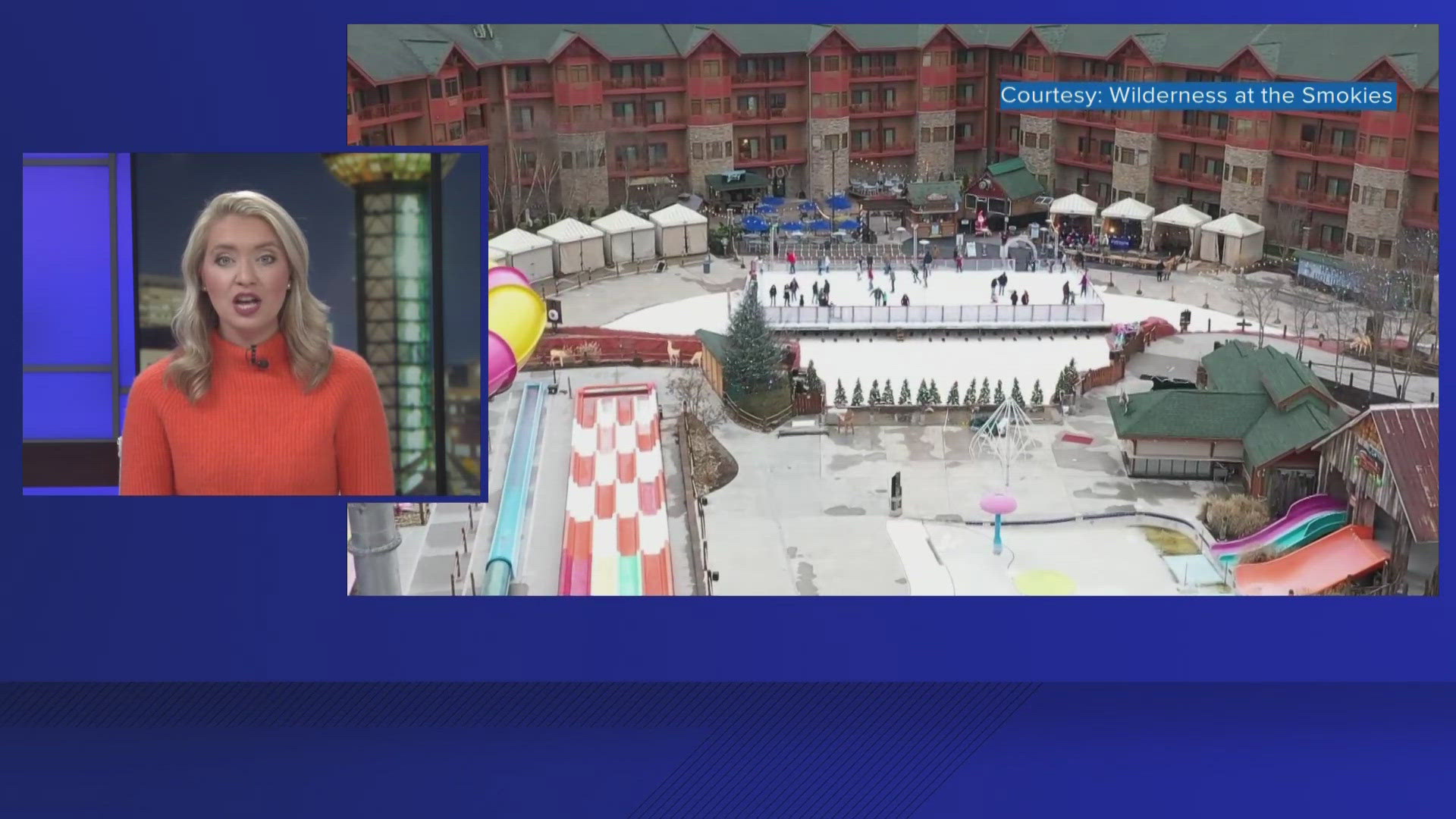Tennessee's public infrastructure is in mediocre condition and in need of heavy investment, according to an engineering report card released Tuesday.
The state’s bridges, roads, dams and other critical facilities received an overall ‘C’ grade from the American Society of Civil Engineers -- the same grade as in 2009, the last time the group surveyed the state. But engineers didn’t find major public safety dangers in Tennessee, along the lines of the drinking water crisis in Flint, Mich.
“Knowing our grade is our first step to improvement,” said Ashley Smith, president of the Tennessee Section of the American Society of Civil Engineers.
In most categories, the report card identified large funding gaps that would need to be addressed by local, state or federal lawmakers. About $475 million is necessary to annually to maintain the current level of state highways, the report said, but Tennessee is constrained. It is one of five states that does not issue debt for highway infrastructure, and instead pays for improvements as needed.
“The funding just isn’t keeping up with our needs,” said Monica Sartain, chair of the Tennessee Infrastructure Report Card Committee.
Neither are the regulations in some cases. The state’s dams received a ‘D,’ the worst grade of the categories on the report card, because of a loophole. Engineers were most concerned about 576 “farm pond” dams which are essentially unregulated. State inspectors visit other dams as frequently as once a year, depending on their risk to nearby property or people. But farm dams, some of which would pose a serious risk if they failed, are not inspected.
“Reliable, well-designed infrastructure can literally save lives,” said Mary Beth Ikard, Nashville’s transportation and sustainability manager. She discussed the city’s investments after a 2010 landmark flood and a current $6 billion mass transit proposal.
Mass transit and wastewater both received scores of ‘D+’ on report card -- the two lowest-scoring categories besides dams. Engineers faulted accessibility to mass transit and the aging condition of the state’s sewage treatment systems. Many facilities can’t handle the amount of wastewater entering their systems and need upgrades. The report identified a $2.6 billion needed for wastewater infrastructure.
Drinking water pipes are also aging and leaking, earning them a ‘C’ grade. They’re losing about 40 percent of tap water through leaks, according to the report. About $2.7 billion would be needed to bring them into shape.
“Really, that’s little compared to [what it would cost] if we wait and let this problem progress,” said Sartain.


